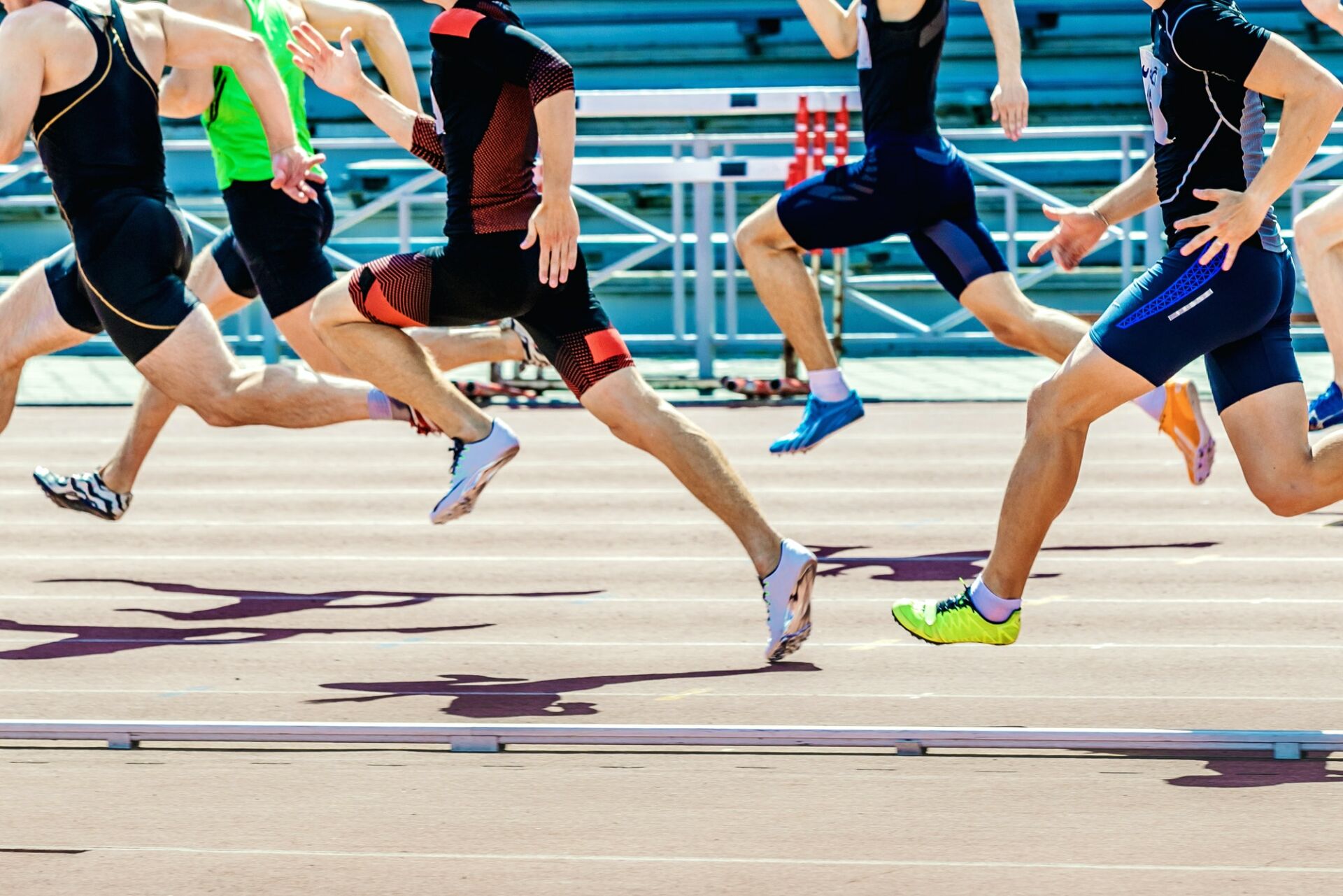Table of Contents
ToggleThose who practice a physical activity of some sort (or any type of activity, really) quickly found out about this thing called ‘genetics’ and they want to know how it works. What he or she quickly finds out is that it, meaning our gene pool, heavily determines what happens with our bodies. In other words, what the gene code says our body follows. Simple as that.


Of course, it is not that simple. Genetics is a branch of science that begs years and years of study if it is to be understood. But for this article, we will provide the necessary background and that won’t be too hard to follow.
Feel free to continue reading below or watch the video version below from Our YouTube Channel.
Getting back to the genes – they do play an incredibly important role when it comes to our performance, recovery time, overall limits, and much, much more. However, little is told in our community about the attitude you should have once you’re approaching the topic of genetics. Some of the knowledge we have on genetics may not be taken so lightly by the newcomers or those easily discouraged and we don’t blame them. Facing the fact that genetics separate the good ones from the great ones when it comes to sports is a hard pill to swallow.

But there is an equally important fact out there in regards to genetics that needs some light. Here it comes – You can build an amazing body regardless of what your genetics say. It cannot be overstated just how much you can achieve even if you believe that you have the worst genetics ever (which you don’t, obviously).
We’ll briefly cover just how exactly genes do their job and then we’ll talk a bit about what that means for you and your fitness goals.
Our genes shape us
Just as the heading suggests, the genes we inherited from our parents and our ancestors shape our bodies. How our muscles look like, what their initial size is, the type of muscle fibers which will be dominant… all of the above are determined by our genes.
Let’s start with the look. Unfortunately for the majority of us, we cannot pick what our muscles will look like. Some muscles on our body have a more defined, cut-like, and aesthetically pleasing look. Others don’t look as impressive. Regardless of the work we put in the gym they have a certain shape and that’s it. Nature has its ways, huh?
What can be changed by our efforts is the size of the muscle. All of our muscles have a certain size by default, but with exercise, we can make them grow. However, even though we can make them grow they won’t grow indefinitely. Their growth is also determined by our genes. Not much of a surprise, we know.
Lastly, the muscle fibers. We have two general categories when it comes to those. One group is comprised of fast-twitching muscle fibers and the other is made of slow-twitching muscle fibers. The most general difference between the two is the resistance to hypertrophy. Fast-twitching fibers will reach hypertrophy faster thus accruing more potential for growth in a shorter period. Slow-twitching muscle fibers do need more time to get fully engaged. They don’t tire as quickly so they need more time when being worked upon.
The point here is kind of obvious – some people are born with more slow-twitching muscles, others with more of the fast-twitching ones. This does in big part decide what kind of physical activities a person will be more suitable for. Whether it’s going to be running, cycling, or perhaps powerlifting.

Impact genetics have on training
We’ve already left a hint in the previous paragraph about what comes next. We simply have to mention another topic when it comes to genetics, and that’s training. How our bodies react to what we do to them is closely related to our genetic predisposition. In particular, recovery time and potential for endurance.
How quickly muscles recover from stress is reliant on two factors: genetics and environment. More experience spells quicker recovery of broken muscle tissue and that’s important if you wish to improve your performance in both the short and long term.
Genetics comes into play when we talk about benchmarks. Suppose you train your hardest in endurance training. Pushing your limits with training will get you far in let’s say boosting cardiac efficiency but your genetics will have the last call in terms of the limits you simply can’t push through. A plateau does exist and genes are the ones setting it.
Genes also control how your body composition takes advantage of the nutrients you provide to it. Some people have bodies that sap out all of the valuable nutrients they can find once the food is in the stomach. Others aren’t as gifted in that sense. This is just another detail worth mentioning in the genetics discourse.
Hard work beats talent
Regardless of the ‘genetic’ hand you were dealt you still have to play your turn, don’t you? Giving up on exercising or competition simply because you’re not talented, gifted, or else makes little sense. Some of the most successful athletes we know of aren’t incredibly gifted when it comes to their genes.
Rather, they keep their focus on finding success in other fields, such as training, building up experience, and having a proper mentality. All of these can come as more important than having an excellent genetic foundation. For example, many extremely gifted sportsmen didn’t get far in their careers because they couldn’t handle the pressure or because they had little knowledge on how to cope with defeat.
Knowing your body type from a genetic perspective should never be used as an excuse not to try achieving whatever it is you desire. Whether you’re an amateur, intermediate or elite, you still have to put in the necessary hours if you wish to reach your goals. Yes, some people will need more time to do it, but it’s still doable.
Thanks for your patience!


